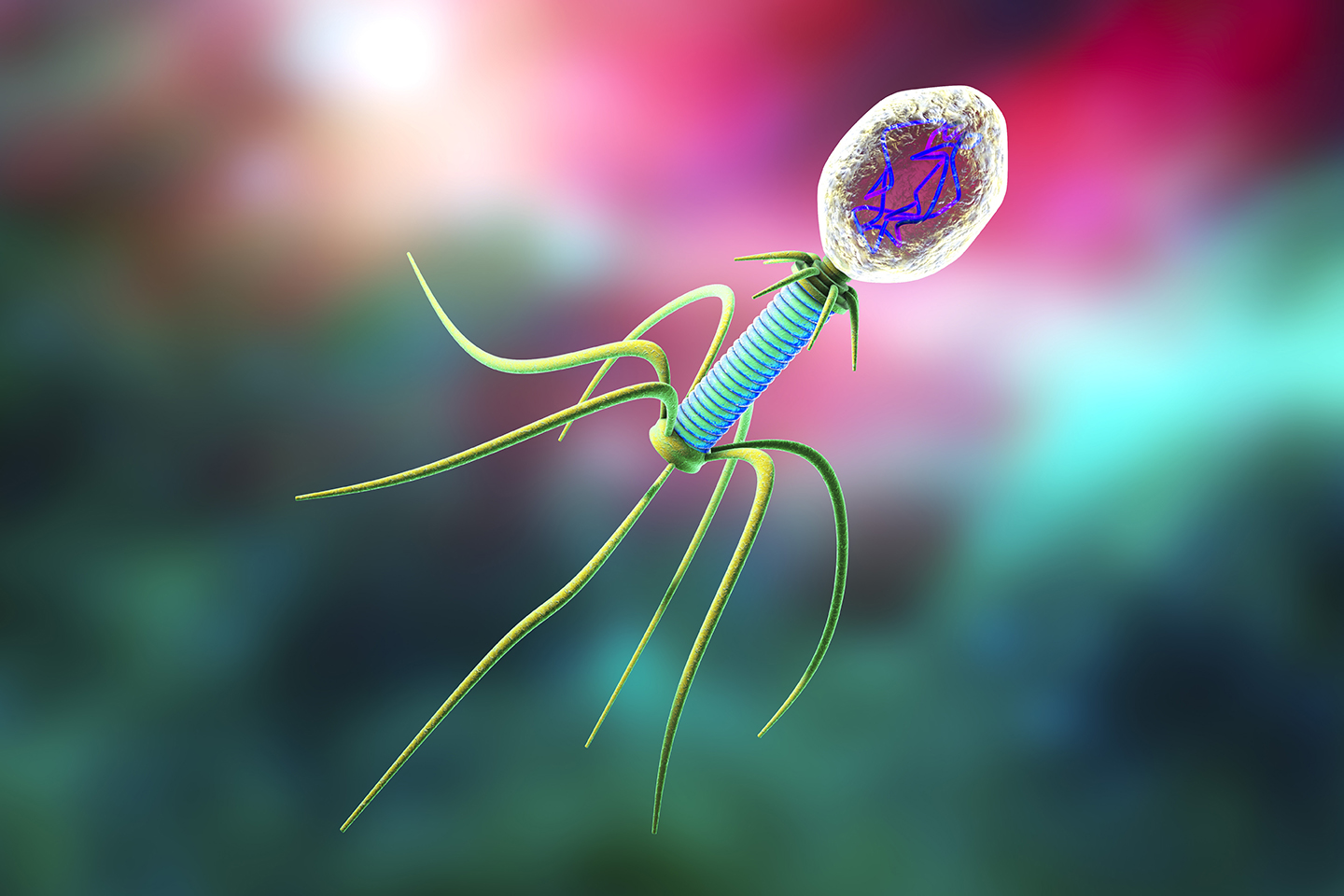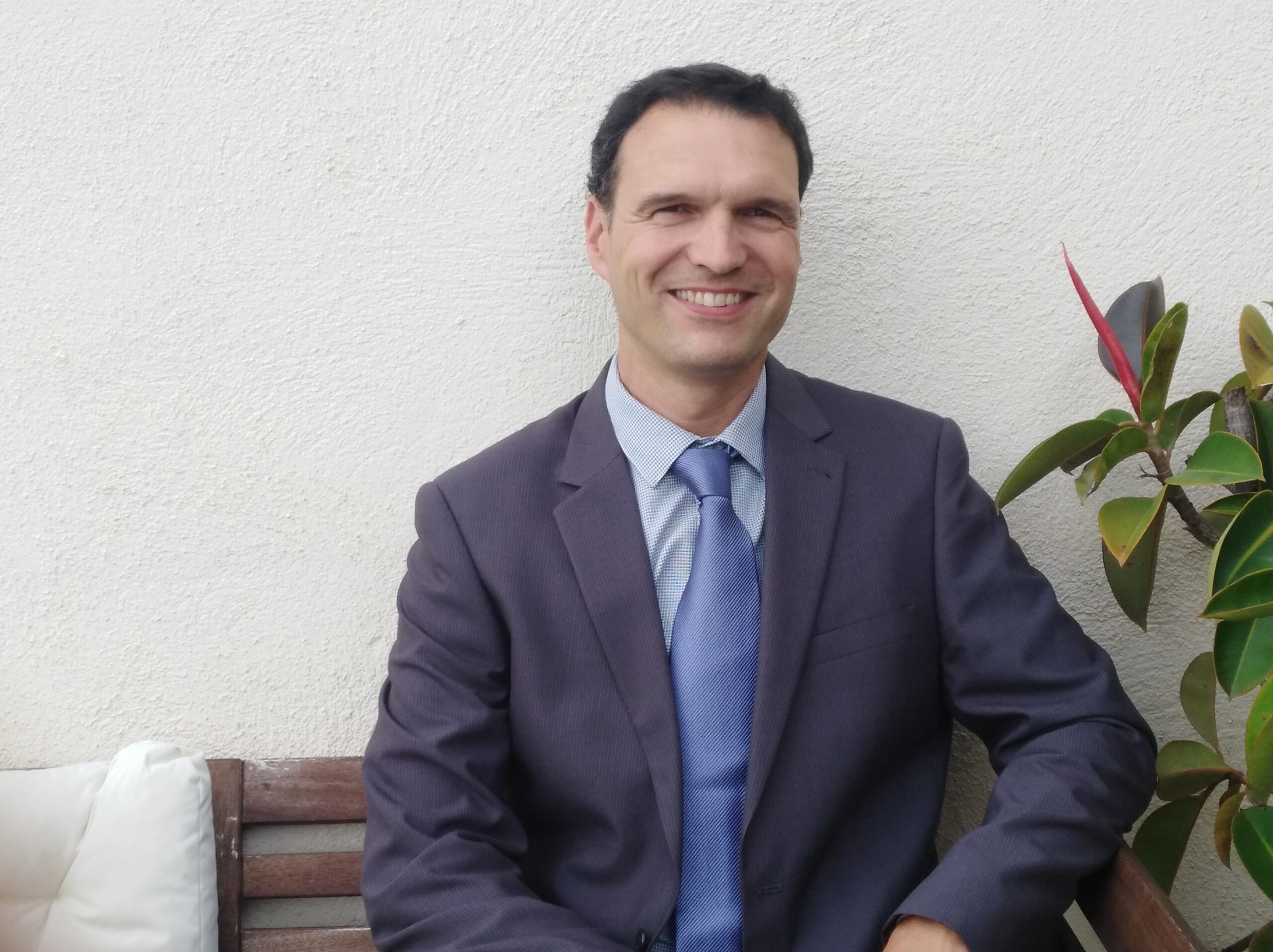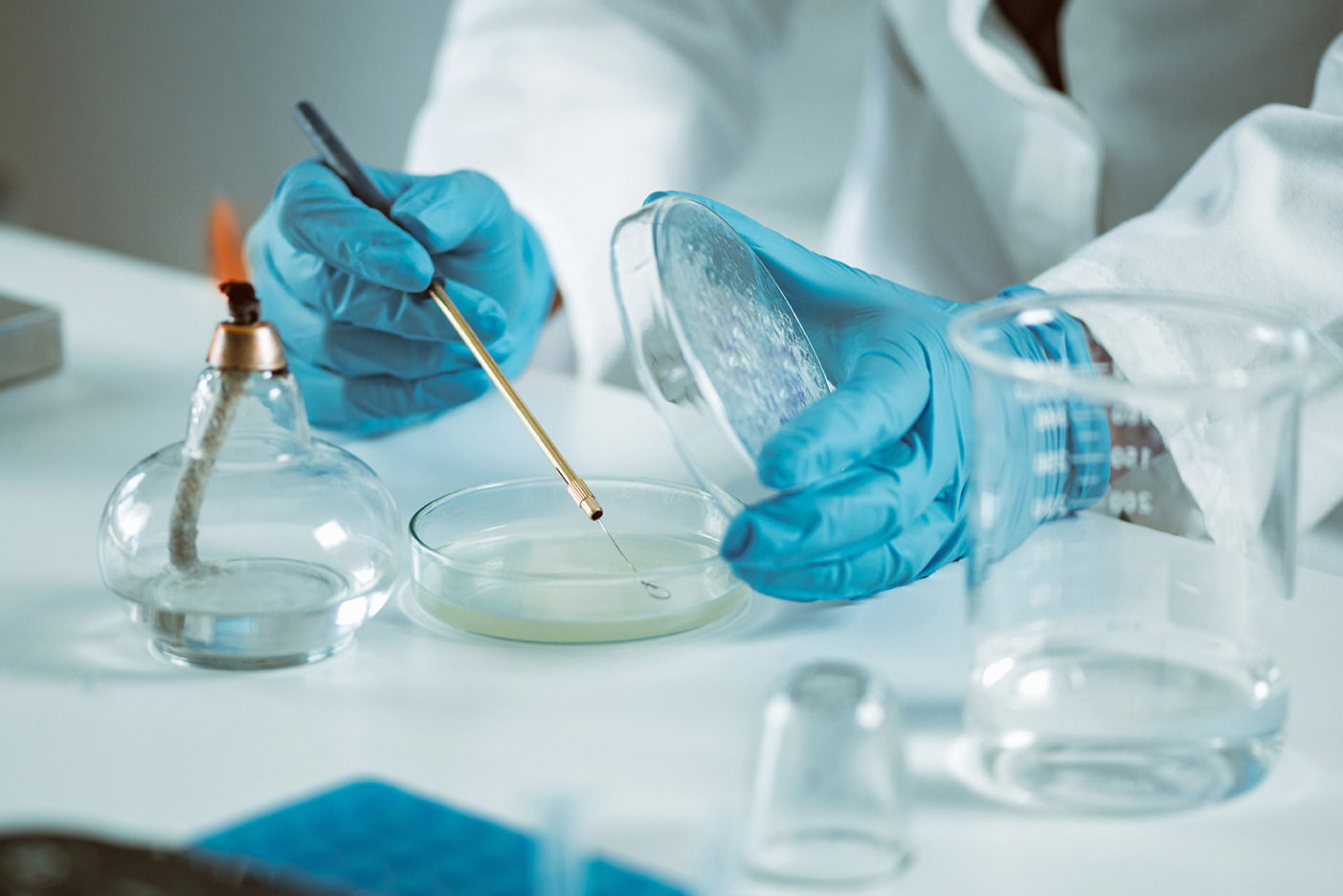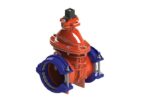Exclusive interview: H2O Global News’ Sion Geschwindt and Natasha Posnett interviewed Bluephage CEO, Enric Queralt, to find out more about how they are using coliphages to combat water borne diseases.
Access to safe and clean water is crucial to our survival. Yet, the very same water that is supposed to give life, is often contaminated with pathogens that pose serious threats to human health. According to the World Health Organisation (WHO), water-related pathogens are the leading cause of disease worldwide; ensuring water quality is literally a matter of life and death.
It is essential that water is monitored and tested regularly to ensure it is safe to use and dispose of. Access to easy and affordable water testing equipment is therefore critical in order for water managers to make informed decisions. Despite this, many water-testing procedures are expensive and time-consuming, leaving a gap for methods that are more readily available.
A simple and effective way to monitor microbiological water quality is by using coliphages. Coliphages indicate the presence of harmful human and animal pathogenic viruses in water bodies. Using coliphages more widely has been proposed as an effective way to mitigate water borne viral diseases, and their use is being pioneered across the industry as an alternative to more conventional methods.
What exactly are Coliphages?
Coliphages are a subset of bacteriophages that infect mainly Escherichia coli bacteria (commonly known as ‘E-coli’) which is one of the common microbial species found in the human and animal intestine.

A Coliphage is a type of bacteriophage, which are a group of microscopic viruses that infect bacteria cells. A bacteriophage is a microscopic virus, and the word literally means “bacteria eater” because they infect and destroy specific bacteria cells. Even though most people have never even heard of them, bacteriophages are in fact the most abundant organism on the planet.
The presence of coliphages in a sample typically indicates contamination by faeces and/or viruses, which makes them a useful indicator of water quality.
An alternative indicator
For years, bacterial indicators were the go-to approach for water quality control and this has helped improve our water supplies significantly. However, bacterial indicators are not particularly robust when monitoring for waterborne pathogenic viruses. There has recently been a shift towards complementing bacterial indicators with viral indicators such as bacteriophages, to help combat water borne diseases.
Viruses multiply faster than bacteria, are smaller than bacteria (important for filter treatments), are more persistent in the environment and more resistant to treatments. What’s more, instead of having to test for each individual pathogen which is time-consuming and expensive, coliphages alert the water analyst to the presence of potentially harmful viruses or bacterium that require treatment. All these characteristics position coliphages as a useful addition to more conventional analyses.
Coliphages are now taking centre stage as a viral indicator to improve water, biosolid and food quality control. In 2017, the WHO’s Guidelines for Drinking Water Quality began recommending the addition of bacteriophages for microbial water quality testing. Fast forward to early 2021, and the European Commission adopted a new Drinking Water Directive requiring testing for coliphages as a viral indicator of water quality.
“Although found with similar frequency in the environment, coliphages typically persist longer than bacteria and provide more accurate information about viral pathogens, which are not properly represented by studying only bacterial indicators,” says Bluephage CEO, Enric Queralt. “Coliphages are also non-pathogenic viruses for humans and animals and can be used by analysts without risk of contamination.”
Bluephage S.L. is a biotechnology company specializing in products and services for the analysis of bacteriophages as viral indicators in water, food and biosolids. Born from 35 years of extensive research at the University of Barcelona’s MARS research group (Water Microbiology Related to Health) the company is committed to providing safe water for a better world.
Bluephage Technology

Bluephage Co-founder and CEO, Enric Queralt
The MARS group developed a patented technology that was licensed to Bluephage and, after drafting the business plan, they began operations in 2016. Recently Bluephage has been recognised as a BCorp Company, an acknowledgement of their potential to bring about positive social change.
Bluephage offers quick, accurate and easy-to-use viral indicator tests for microbial water quality assessment; saving time, saving cost, but most importantly, saving lives.
Bluephage have two product lines: Easy Kits and Rapid Kits. Both are all inclusive and ready-to-use. The Easy Kits allow one to analyse coliphages according to US-EPA or ISO standard methods. These are designed to facilitate and speed up the process, as opposed to standard methods.
The Rapid Kit is the fastest kit in the analysis of coliphages. The Bluephage Rapid Kit is straightforward and enables the same-day quantification of coliphages in water. They are designed for non-specialized personnel, requiring no previous knowledge of microbiology to use. Simple technologies such as these helps to streamline water quality control and make testing more accessible.
Helping the water industry
“Reducing the time of microbiological analysis will help managers to make important decisions faster; whether water is drinkable or not, whether to open a beach for bathing after a storm or in episodes of sewage contamination,” said Queralt.
Coliphages tests aren’t just useful for the assessment drinking water quality but also wastewater, reclaimed water, recreational water, shellfish, and biosolids. This makes them useful at enabling water managers to gain insight quickly, reliably and safely, into the quality of a diverse set of water sources. These insights allow managers to rapidly assess water quality and take appropriate remedial action.

Coliphages testing is a quick, reliable and accessible way to monitor water quality
While more detailed analyses are sometimes required, testing for coliphages is advantageous because it is simple, accessible and remarkably effective. This technology is a valuable addition to the water manager’s arsenal, and makes water testing easier especially in places that are financially or time constrained.
In some cases, determining water quality rapidly and accurately can literally mean the difference between life or death, and this is where Bluephage’s technology can have its greatest impact.
Social Impact
Access to clean water is a human right, but due to various factors including rising demand, contamination and climate change, this right is far from being realised in many parts of the world.
“We must remember the 2.2 billion people who do not have access to safe drinking water and the 4.2 billion who do not have sanitation infrastructures,” said Queralt.
Being able to properly assess water quality is pivotal to providing safe water and sanitation. Coliphages analysis is a safe and easy to use method that reduces microbiological risk and can be applied in all parts of the integrated water sector. By analysing this parameter, Bluephage and others like them, can help improve overall water safety.
“We work to help achieve the Sustainable Development Goal 6, which seeks to achieve universal and equitable access to safe and affordable drinking water for all; to adequate and equitable sanitation and hygiene for all, and with special attention to the needs of women and girls and people in vulnerable situations,” said Queralt.
What’s next?
Achieving the Sustainable Development Goal 6 (SDG 6) will require a radical shift in the way we use, treat and test water across all industries. Ensuring that water managers have access to reliable and efficient monitoring equipment is a crucial first step in improving the safety of our water sources. Whether it be drinking water, wastewater or even food, coliphages are a tried and tested indicator of water quality.
The private sector has a crucial part to play in achieving the SDGs, and start-ups like Bluephage are a great example of how to take complex scientific research and transform it into something practical and easy-to-use for the betterment of broader society.
“We cannot ignore the global water crisis and the SDGs,” said Queralt. “The goal of our young company is to become the world reference in coliphage analysis thanks to our patented technology. Central to our mission and vision is to contribute to a world with safer water available to all.”
Do you have an article to share? Click here to submit. If you’d like to subscribe to our weekly newsletter, click here.






